Online Counselling
Taking the first step toward counselling isn’t always easy, and it’s common to feel unsure about opening up. That’s why many people find comfort in starting their journey in a setting that feels familiar and safe. Online sessions give you the chance to explore what you’re going through without the pressure of walking into a clinic.
What matters most is that you’re heard and supported by someone who understands. With the right counsellor, these conversations can help ease the weight you’re carrying and guide you toward healthier ways of coping day by day.

Take the First Step Towards Recovery
Steps Together offers personalised support and proven treatments, providing the care, guidance and encouragement you need to move forward with confidence and build a healthier future.
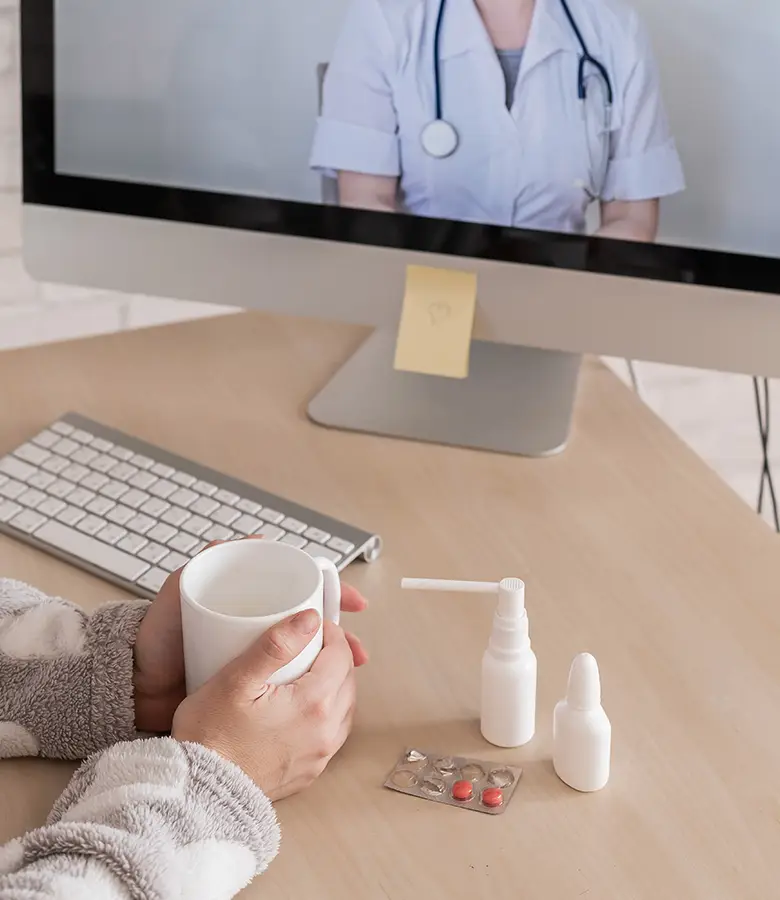
What Is Online Counselling?
Online counselling, also called online therapy or telephone counselling, offers access to professional support and a therapeutic relationship without the need for in-person meetings. Sessions are held through secure digital tools, making mental health care more accessible and flexible.
With this outpatient approach, you can connect with a qualified therapist from the comfort of your own home, using a method that fits your lifestyle. Unlike traditional face-to-face counselling, online therapy removes the need to travel to a clinic, giving you greater convenience and control over how you receive support.
How Counselling Online Works
In contrast to face-to-face therapy, online counselling sessions are done through internet-based tools. These include video calls, live chat, phone calls, and even email. You will need a computer, tablet, or smartphone with internet access, as well as a private space to talk.
Most platforms utilise secure and encrypted websites to protect your privacy and ensure your safety. You book a session with a therapist, just like you would for a regular appointment.

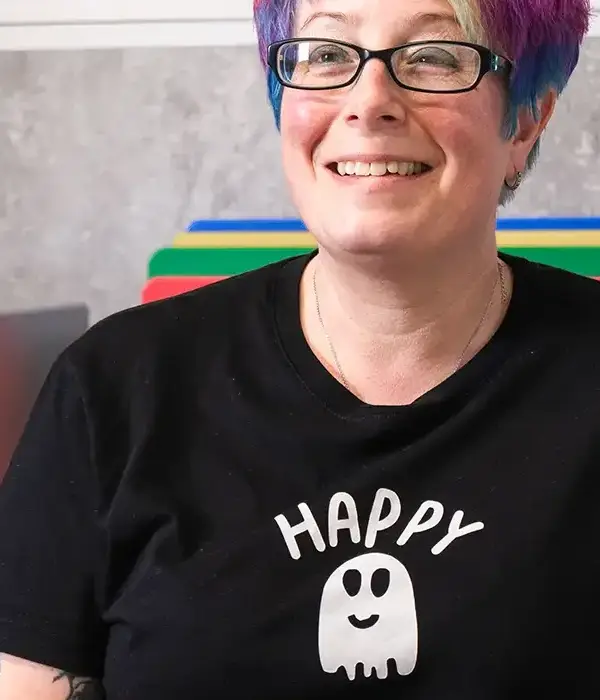
Difference Between Online Counselling and Traditional Therapy
The primary difference between online therapy services and traditional therapy lies in the method of communication with your therapist. In traditional therapy, you meet face-to-face in an office. With online counselling, you to join sessions from the comfort of your own home or another private space.
Online options often give you greater flexibility. You can book times outside regular office hours and avoid travel. It can also mean shorter waiting lists if you need fast support. This flexibility is particularly helpful for individuals with mobility issues or those with busy schedules.
How Online Counselling Works
The process of online counselling is not all that different from face-to-face therapy, and the goal is the same. The use of technology, assessment tools, and evidence-based therapies can help you receive support tailored to your specific needs. Approaches used in this form of counselling include:
Therapeutic Assessment
Assessment is a key step at the start of your online therapy journey. Therapists use secure video calls, phone sessions, and online questionnaires to get a clear understanding of your problems and goals.
This process often begins with a thorough review of the patient’s medical history. You may be asked to share your reasons for seeking help, describe your symptoms, provide your family background, and outline your current life situation. Your therapist might use standardised screening tools to measure levels of anxiety, depression, or stress.
Cognitive Behavioural Therapy
Cognitive Behavioural Therapy (CBT) is one of the most widely used therapies in online counselling. This technique is focused on identifying and changing unhelpful thoughts and behaviours.
Online CBT usually blends live sessions with digital exercises and homework tasks. You may be given worksheets to recognise and challenge negative thinking patterns. Progress is measured with regular check-ins and short assessments.
Tailoring Support to Individual Needs
Online counselling allows for a personalised approach. Your therapist can select from a range of techniques and adjust sessions according to your feedback and progress. Goals are set, and you are encouraged to track changes and reflect.
Support may include regular video meetings, secure messaging, or a combination of both, depending on your needs. For some, flexibility in scheduling and location makes it easier to attend sessions. Therapists may also share worksheets, resources, or exercises that you can complete between sessions.
Dialectical Behaviour Therapy
Dialectical Behaviour Therapy (DBT) is another evidence-based approach you may access online. DBT focuses on teaching skills like emotional regulation, mindfulness, distress tolerance, and healthy communication.
Your therapist might use a mix of video calls, group sessions, skills training handouts, and digital tracking tools. These help you learn how to manage intense emotions and respond more effectively to stressful situations. DBT is often recommended for people who struggle with emotional ups and downs or who have trouble with impulse control and relationships.
Additional outpatient services we offer at our rehab centre
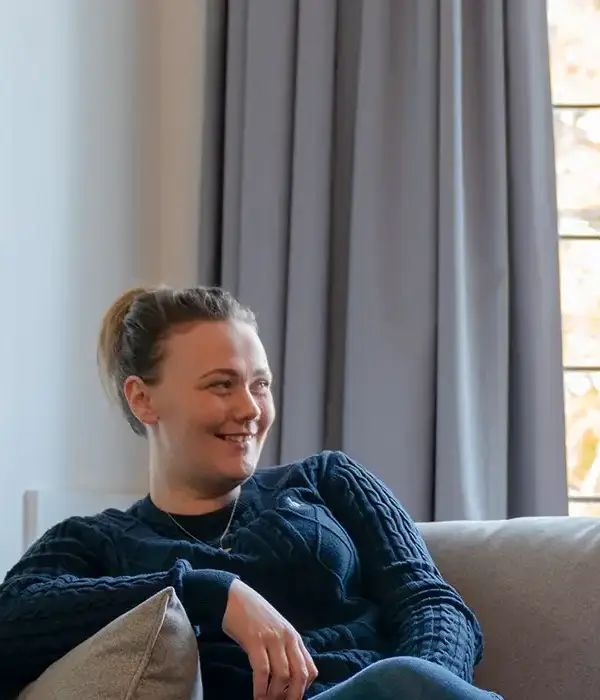
Finding an Online Therapist
Choosing an online counsellor can make it easier to find someone to talk to without leaving home. To protect your mental health, it’s important to check qualifications and ask the right questions before you book.
Not all online counsellors have the same training or background. It’s important to look for professionals registered with a recognised body, such as the British Association for Counselling and Psychotherapy (BACP). Registration indicates that your counsellor has met specific standards and adheres to a code of ethics.
Screening Potential Counsellors
Before starting online therapy, it’s helpful to ask practical and personal questions. Ask how long they have worked in online counselling and what type of therapy they use, such as cognitive behavioural therapy or person-centred therapy.
It’s essential to find a therapist with whom you feel comfortable discussing your concerns. Many services allow you to read about different therapists and choose one with whom you connect. A first session or assessment can help decide if they are the right fit for your life and needs.
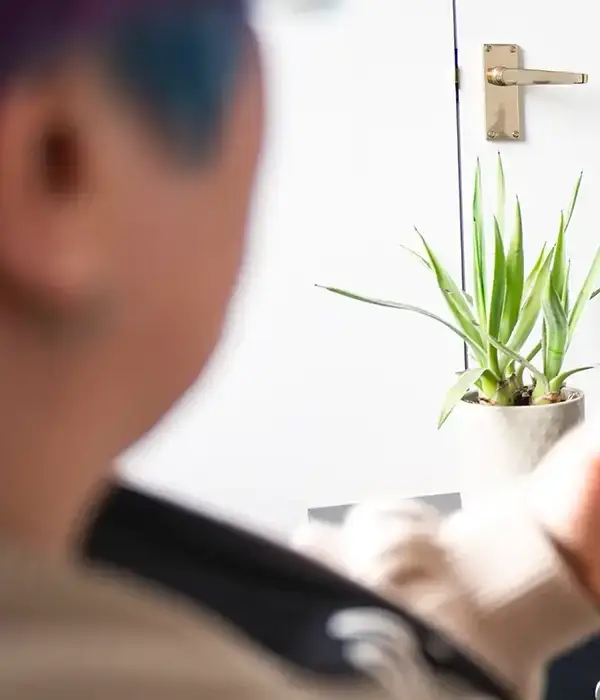
Benefits of Online Counselling
You do not have to travel, wait in a busy office, or even live near a city to receive help. Online counselling lets you join sessions from your own home using a computer, tablet, or phone. This means you can get support even if you have limited mobility, an ongoing illness, or live in a rural area.
Your privacy is taken seriously during online counselling. Secure and encrypted platforms are used to ensure that your conversations remain confidential. Many platforms do not keep long-term records, and laws and professional standards protect all sessions.
Online counselling is not limited to one type of problem. You can get support for many issues, such as anxiety, depression, stress, relationship problems, or trouble at work. Counsellors are trained to help you with relationship concerns, grief, anger, or simply when you need someone to talk to.
Common Issues Addressed in Online Counselling
Online counselling helps with specific mental health challenges, offering private support from your own space. Many people turn to these services to manage difficult feelings, recover from setbacks, and build stronger coping skills.
Anxiety and Stress
Anxiety and stress can affect your daily life, making ordinary tasks feel overwhelming. In online counselling, you can learn practical ways to manage worry, including breathing exercises, relaxation techniques, and structured routines. Counsellors can teach you to challenge negative thoughts and help you spot triggers that worsen your anxiety.
You might discuss how anxiety impacts your sleep, work, or relationships. Online sessions can help guide you in setting realistic goals and developing effective time management strategies to reduce stress. Some sessions use worksheets or logs to track anxious feelings, allowing you to see patterns and progress.
Substance Misuse
If you are struggling with substance misuse, online counselling offers a confidential way to seek help. Counsellors help you understand how substances affect your health, mood, and relationships. You may talk about triggers for using drugs or alcohol, including trauma, stress, or discrimination.
Sessions might include creating a plan to reduce or stop use, with regular check-ins for support. You can learn coping skills to handle cravings, deal with urges, and prevent relapse. Some counsellors encourage family involvement, if appropriate, to strengthen your support network.
Depression
Depression can lead to feeling sad, tired, or losing interest in things you used to enjoy. Online counselling provides an opportunity to discuss symptoms openly, ranging from low energy to changes in appetite. Common approaches include cognitive behavioural therapy and guided self-help.
You may set small, achievable goals to rebuild motivation. Counsellors often help you work through feelings linked with bereavement, loss, or low self-esteem. By discussing negative thinking patterns, you can begin to see new perspectives. There is also support for dealing with suicidal thoughts or self-harm.
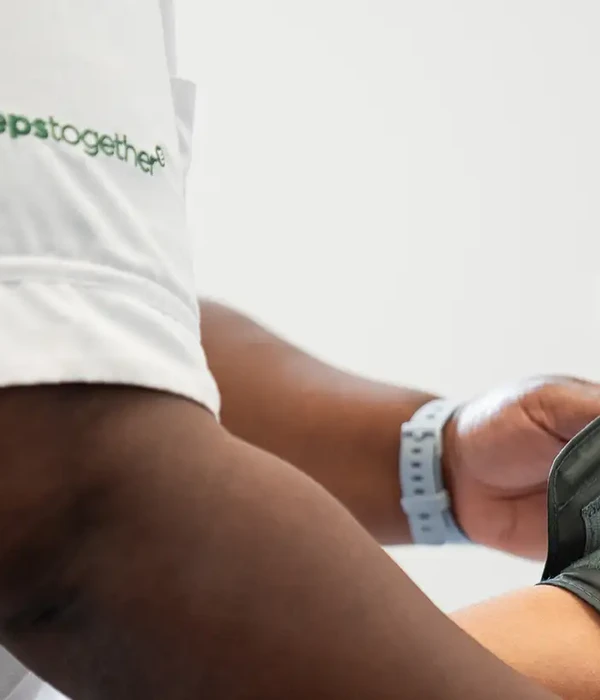
Going Online Can Help You Find Recovery
When considering online therapy, it is essential to consider costs, qualifications, service options, effectiveness, child access, and your privacy. This form of treatment can be effective, but it does require finding the right treatment approach for your needs.
At Steps Together, we offer online counselling and outpatient treatment to help you or your loved one heal from a range of mental health concerns. Your recovery does not have to be predicated on leaving your safe space. You can recover where you’re comfortable.
Frequently Asked Questions
How much does online therapy typically cost?
The price of online counselling varies. Many private therapists in the UK charge between £40 and £100 per session. Some therapists might charge more depending on their experience and specialism. Some providers offer lower rates for students or those with low incomes.
What credentials should a reputable online counsellor have?
A reputable online counsellor should be qualified and registered with an official professional body, such as the British Association for Counselling and Psychotherapy (BACP). You can ask to see their credentials or check their registration online.
How can I access online counselling for my child?
Many online counselling services offer support for children and teens. You can contact helplines such as Childline or look for therapists who specialise in working with young people. If your child needs help, ensure that the service or counsellor is experienced in working with children’s mental health.
Are there any reliable free online counselling services available?
Free online counselling services are available through charities and helplines, such as Samaritans and Childline. Some NHS services also offer online support at no cost. These services may have waiting lists and limited session times, but they can be a good option if you cannot afford private therapy.
Is there a difference in effectiveness between in-person and online counselling?
Research suggests that online counselling can be as effective as in-person sessions for many people and problems. The main difference is the way you and your counsellor communicate, usually through video calls, phone calls, or messages. Some people find it easier to open up online, while others prefer face-to-face contact.
What privacy considerations should I be aware of when engaging in online counselling?
When using online counselling, your personal information and sessions must be kept private and secure. Always check that your counsellor uses encrypted systems and follows data protection laws, such as GDPR. Ask how your information is stored and whether sessions are recorded or shared.





